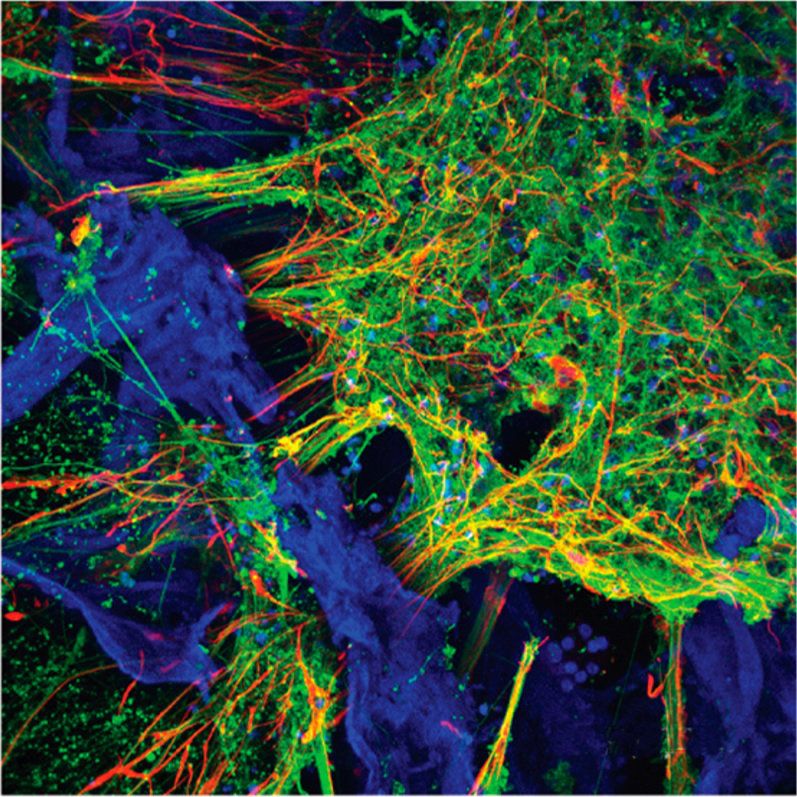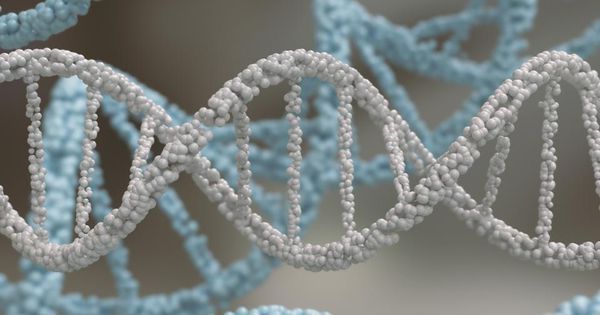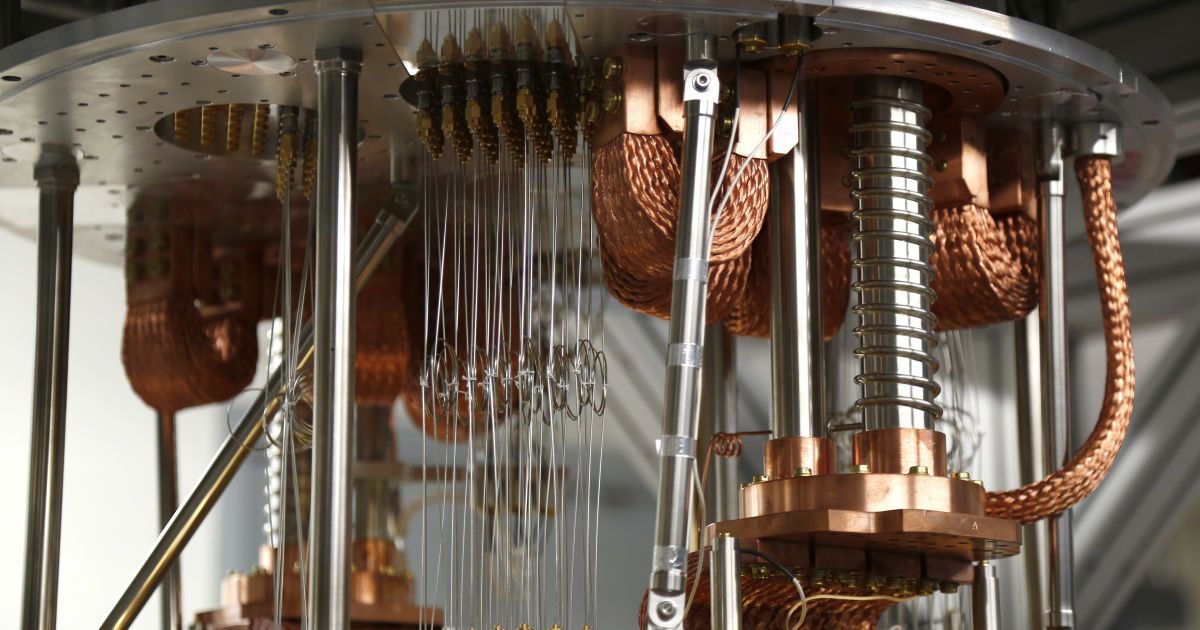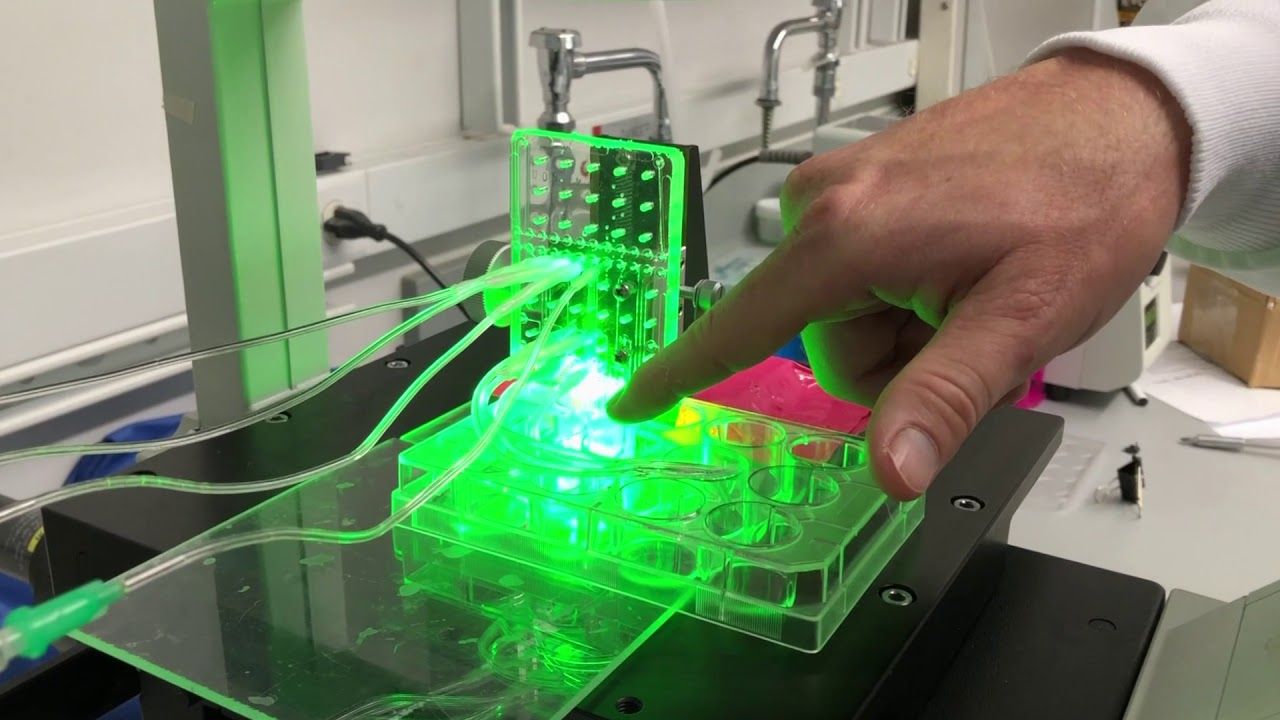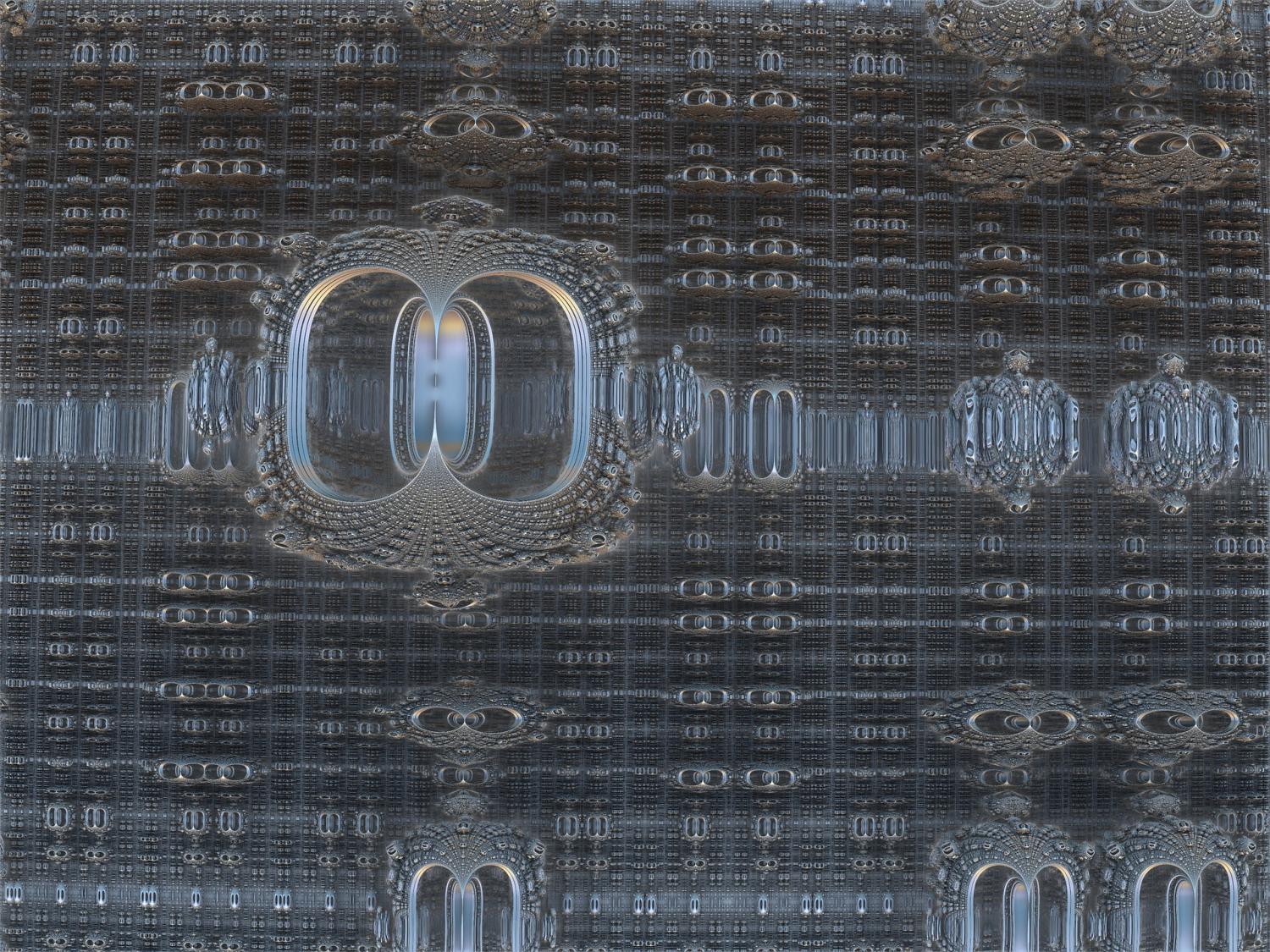Oct 18, 2018
Vincent Lafforgue Wins The 2019 Breakthrough Prize In Mathematics
Posted by Genevieve Klien in category: innovation
The 2019 Breakthrough Prize in Mathematics recipient is https://breakthroughprize.org/Laureates/3/L3838” target=”_blank” rel=” nofollow noopener noreferrer” data-ga-track=” ExternalLink: https://breakthroughprize.org/Laureates/3/L3838”>Vincent Lafforgue of the CNRS and Institut Fourier, Université Grenoble Alpes in France. Lafforgue was awarded the prize “f or ground breaking contributions to several areas of mathematics, in particular to the Langlands program in the function field case,” the Breakthrough Prize https://breakthroughprize.org/Laureates/3/L3838” target=”_blank” rel=” nofollow noopener noreferrer” data-ga-track=” ExternalLink: https://breakthroughprize.org/Laureates/3/L3838”>website notes. (Watch the short video “Vincent Lafforgue: 2019 Breakthrough Prize in Mathematics” Click on photo to start video.
target=”_blank” rel=” nofollow noopener noreferrer” data-ga-track=” ExternalLink: https://www.youtube.com/watch?v=ADLbv6nREyM”>here.)

